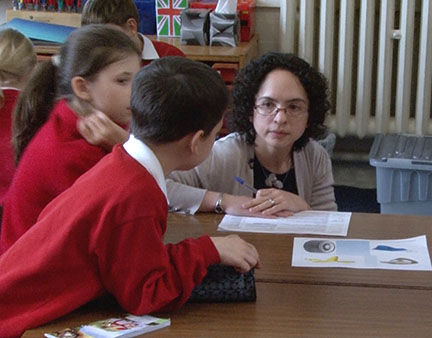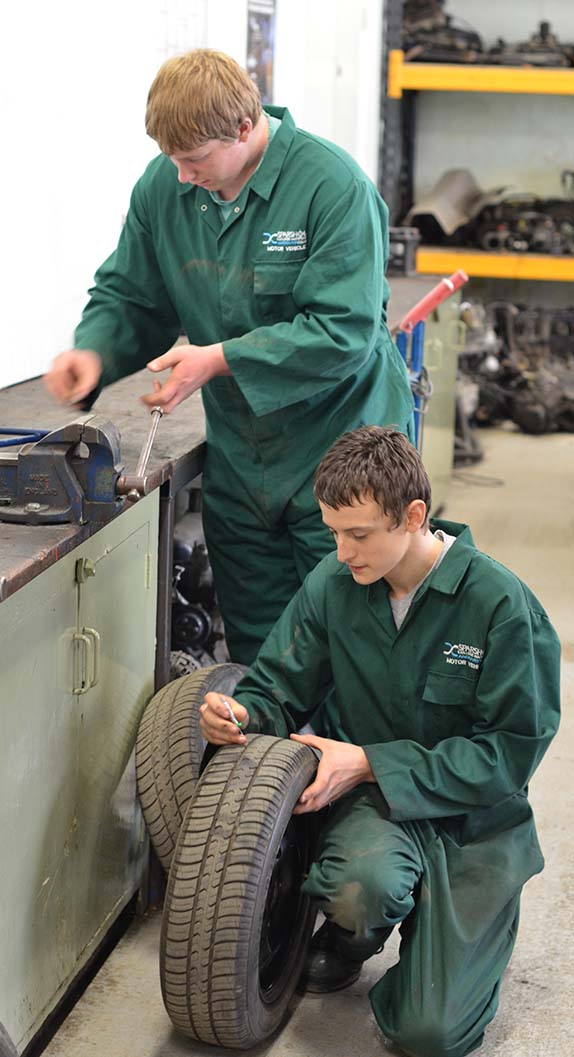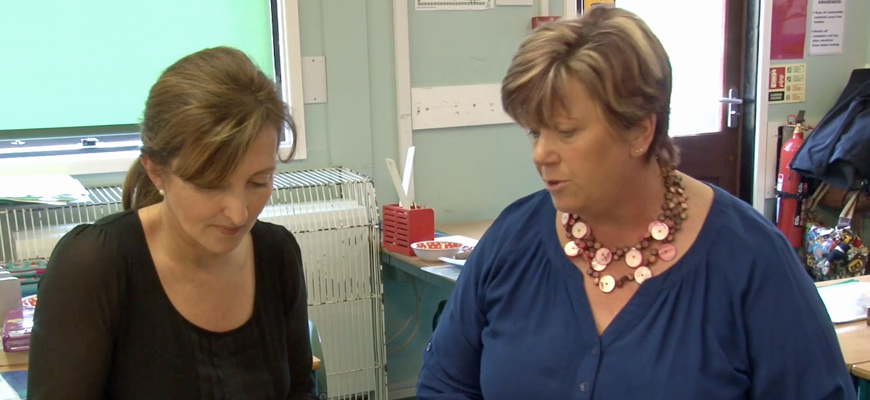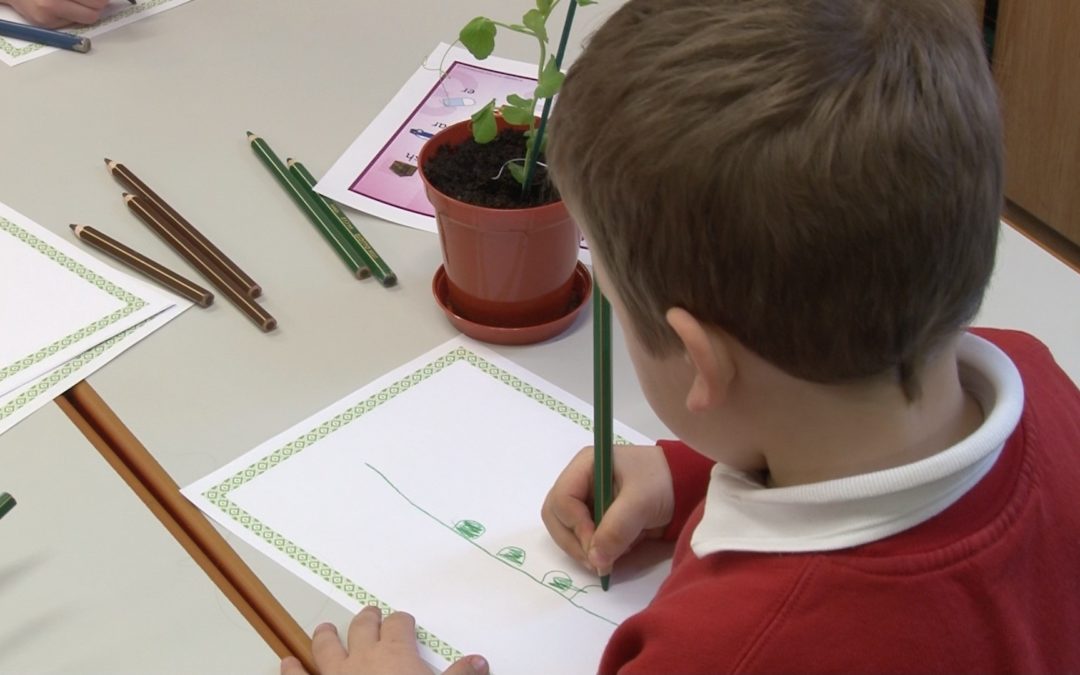Lesson observations: problems, opportunities and the mysteries of good teaching
Article by Dr Nigel Newton
Lecturer in Education, Innovator, Consultant & Writer
View original article
1) Using lesson observations to evaluate teaching quality shows an acute lack of appreciation of the nature of teaching and the qualities it requires. Learning takes place in students’ minds and there is no research to support the opinion that it can be evidenced occurring through a single random lesson observation. What theory of learning are they based on? Some of the most important skills and knowledge students are helped to acquire take weeks of activity and classroom interaction to realise. Yet most quality orientated observations are seeking to find evidence of ‘learning’ within the lesson. This leads to inherently subjective evaluations based on the observers evaluation of the ‘progress’ students might or might not have made. Lesson observations are open to bias.
“If excellent teaching could be reduced to these techniques, robots could be trained to manage classes.”

“Good teachers are by definition reflective practitioners – they are relentless about striving for improvement in their practice, they challenge and question themselves, they look for new and improved ways of working so that all of their learners are enabled to make the best possible progress.”
The document where this quote came from went on to state that, “Every teacher needs to be given both the time and tools to think about their own individual part in the educational enterprise.” However, rather than adopting the approach to professional development recognised and taught as the most effective means to enhance effective teaching, resources are spent in unhelpful lesson observation inspections. Many schools think they are imitating Ofsted and continue to evaluate teachers through ill-conceived policies of observation and measurements of students’ performance. Why cannot the money spent on this regime be invested in giving teachers time to do what educationalists and academics advocate for professional development? It is ineffective and inefficient, I have failed to find any academic studies to support the positive value of this approach in terms of raising the quality of teaching and learning outcomes.
· can identify essential representations of their subject,
· can guide learning through classroom interactions,
· can monitor learning and provide feedback,
· can attend to affective attributes.
We note that the first relates to subject knowledge, something that can be measured much more objectively, yet difficult for non-specialist observers to evaluate in individual lessons. Learning interactions includes all the verbal and non-verbal communications between ‘tuned in’ teachers with their class: eye contact, jokes, digressions, anecdotes, argument and responding to students questions. It is well observed these things decrease during observation due to the stress of the ‘outsiders’ in the relational space of a classroom. “Affective attributes” includes teachers’ sensitivity to the emotional needs of their students. Another reason for opposing inspection lesson observations is exactly because we know how it can affect students who feel nervous or suffer anxiety.
There are many sound pedagogical reasons for rejecting the value of inspection lesson observations. I have yet to hear any serious, well grounded, reasoning for how these observations can adequately measure the quality of teaching in a school or college or how they contribute to improving teaching. However, several studies have shown there are many unhelpful side-effects.



Creating a culture of supportive peer observations within a school, a climate of trust and openness, and fostering a sense of mutual respect and equality are more productive ways to improve teaching and allow for effective monitoring of quality. Teachers should be provided time to observe peers from across the school. Notes and feedback can recorded, contributing to a culture of helpful, non-judgemental improvement. Training teachers to be good observes also fosters better self-reflective skills, essential for professional development. Research points to the ways lesson observations can be effective when conducted in a climate of trusting relationships between the observer and teacher, evident in quality feedback and discussion.
Linked to this, teachers need to feel they can talk to senior colleagues within judgement about the challenges and difficulties they are facing. They should also be encouraged to talk openly with their students about their own learning, how the students are finding the lessons and activities. What matters most is that teachers want to continue to grow and develop, they listen to others and reflect on their work. Processes can be put in place to record this self-directed activity. In the right environment, what becomes worrying is silence and inactivity. This is easier to evaluate than trying to make subjective lesson observation judgments appear objective.
Linked to this, the work of Anthony Bryk, president of the Carnegie Foundation for the Advancement of Teaching, is worth considering. His major work, with colleagues, explored the factors determining improvement in schools in Chicago. This research led to further confirmatory studies, which are discussed in Organising Schools for Improvement and Trust in Schools: A Core Resource for School Reform. The empirical evidence, through meta-analysis of hundreds of school improvement strategies and results, is compelling. Relational trust, based on professional respect, openness and honesty emerges as one of the most important factors for school improvement.
The model of school inspection and internal quality improvement policies we need is one that recognises and values professional trust. In a learning school culture, teachers can grow and develop in understanding, their pedagogical craft can improve and the quality of teacher-student relationships can strengthen. But evaluation of individual lessons is no way to encourage these things and no way to show recognition for the complex and difficult job of teaching.

